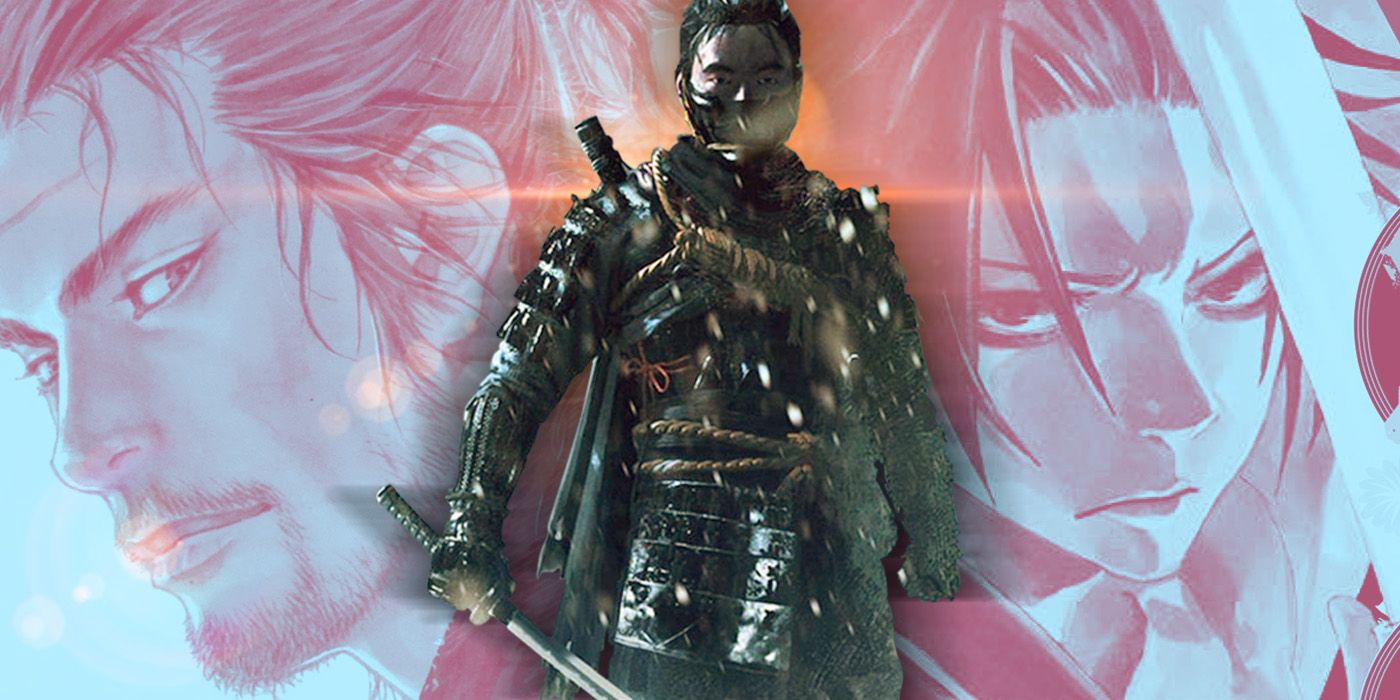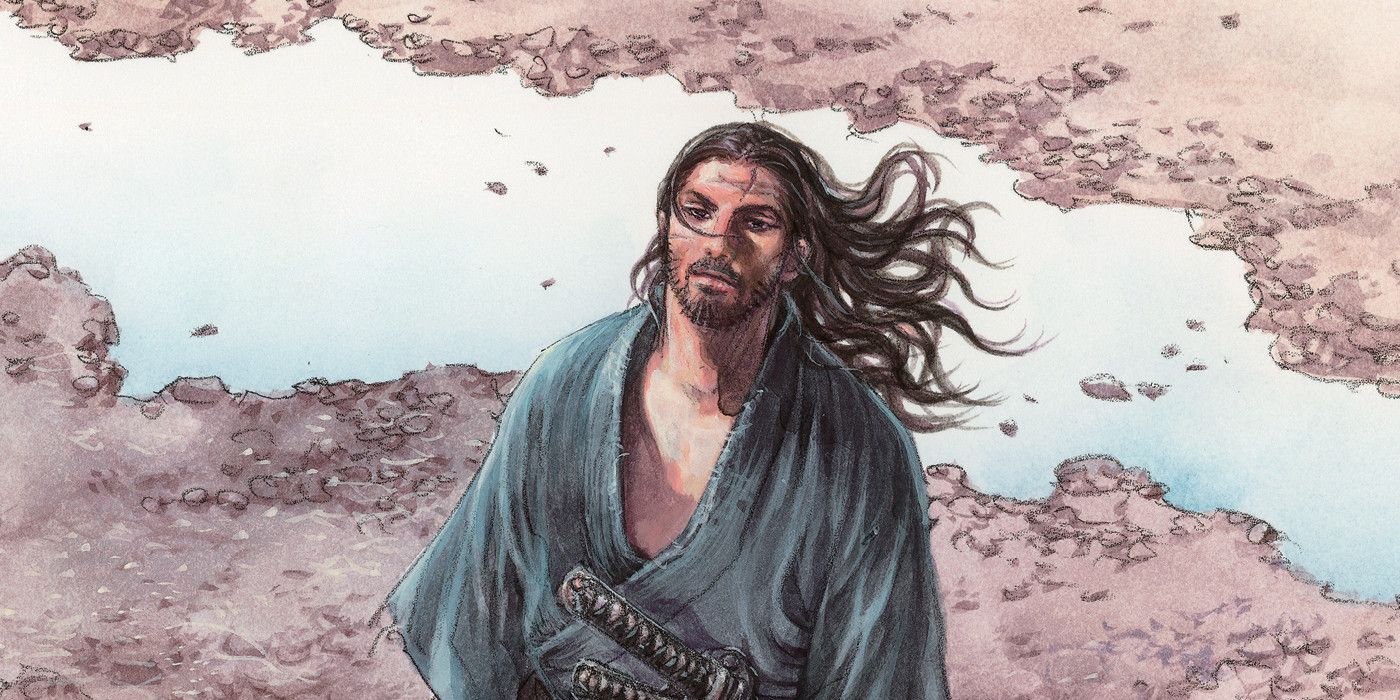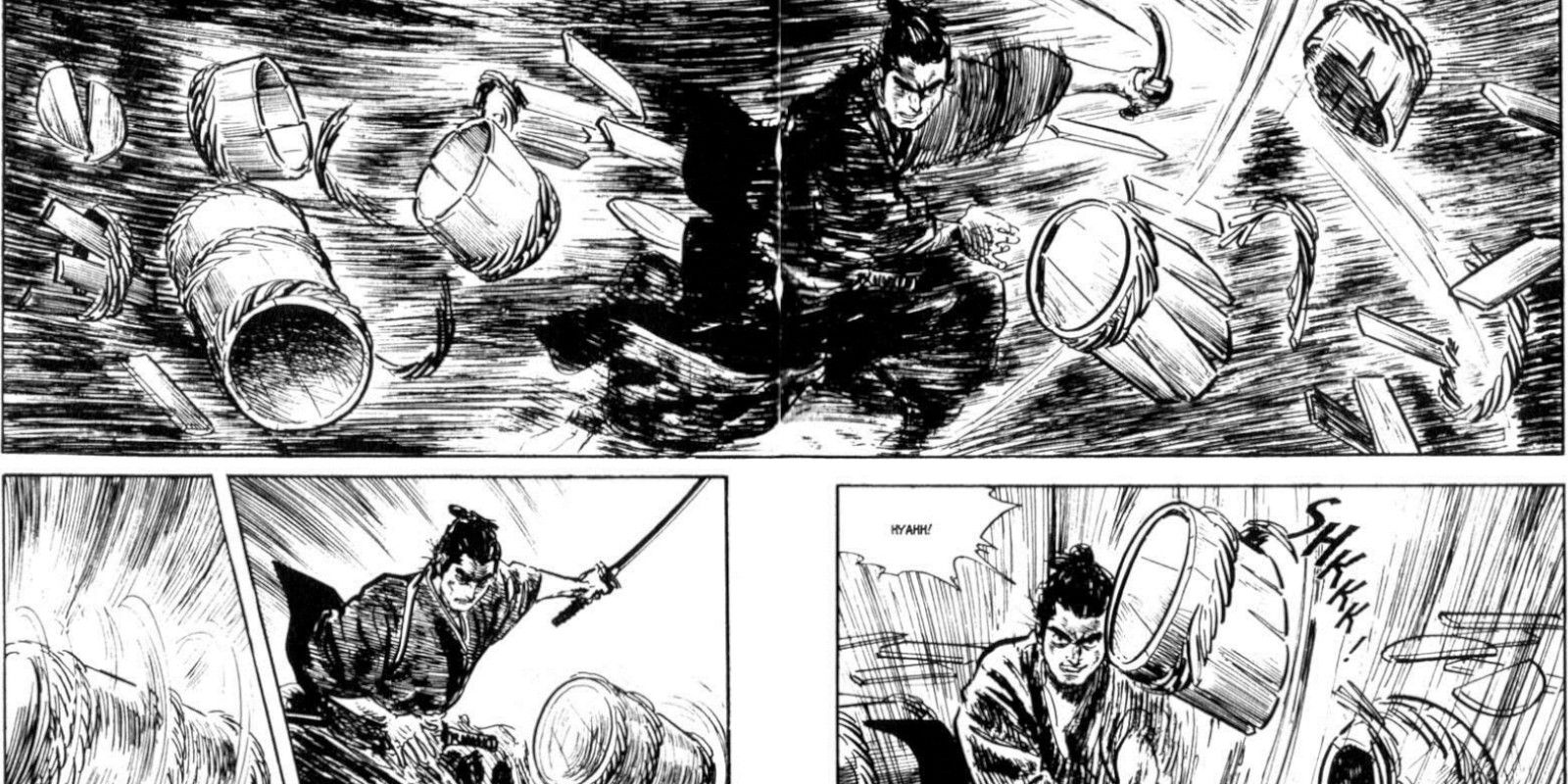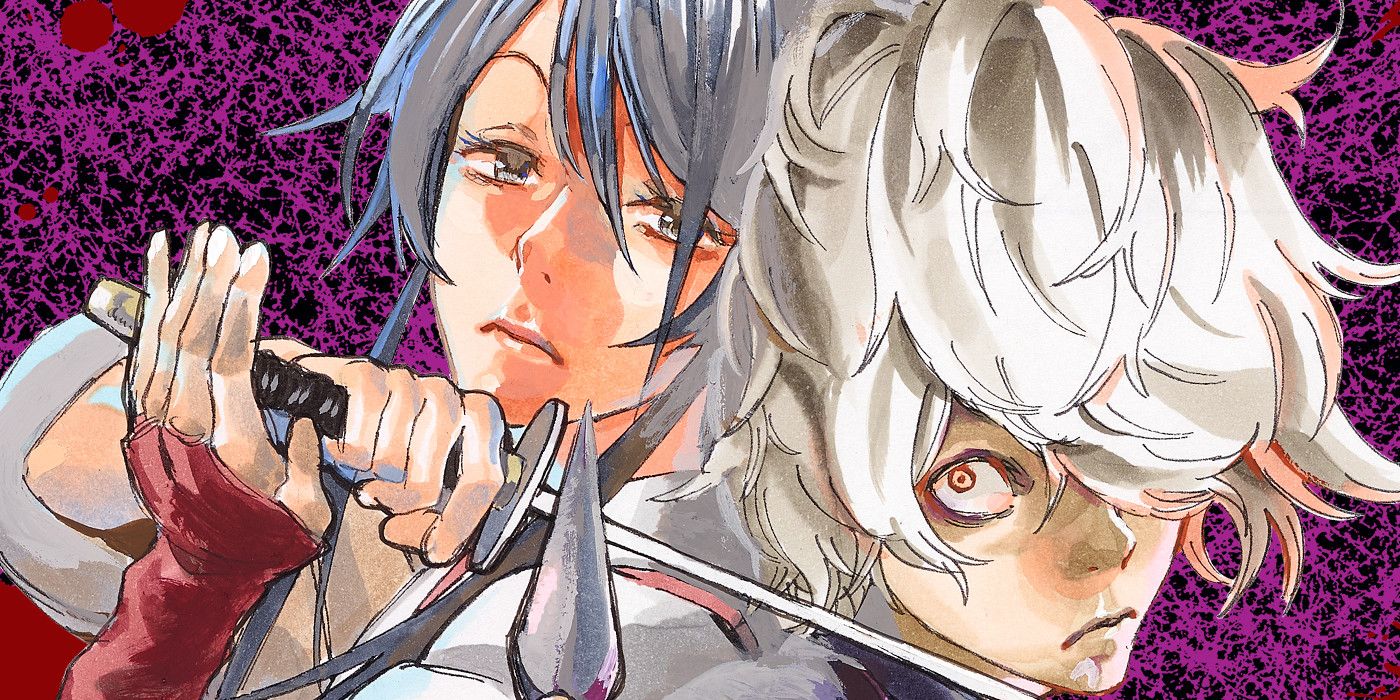Sucker Punch Production's Ghost of Tsushima is the smash-hit game of the summer. Inspired by the movies of Akira Kurosawa, the game tells the story of lone samurai Jin Sakai as he tries to repel an invasion in 13th century feudal Japan.
If you're looking for a summer read that evokes the same atmosphere and feeling as Ghost of Tsushima, then you're in luck. Many manga series use the backdrop of feudal history to tell unique, gripping, utterly influential stories.
Azumi
Yū Koyama's Azumi was first released in 1994 and is now considered one of the best titles in the "shogun" genre. Set in the aftermath of the Sengoku civil war, Azumi, a girl raised as an assassin, travels the country intending to kill any warlord who threatens the uneasy peace.
The series explores the morality of killing to preserve peace and the psychological scars that civil war and unrest leave on both individuals and society at large. The series is exceedingly popular in Japan, to the point that it has received two motion picture adaptions, a video game and even its own stage play.
Vagabond
First hitting shelves in 1998, Vagabond tells a fictionalized history of the famous philosopher, writer, strategist and warrior Miyamoto Musashi. After joining the losing side at the Battle of Sekigahara, a wounded Takezō Shinmen escapes certain death at the hands of the survivor hunters. As he flees, he vows to become "Invincible Under The Heavens" and embarks on a quest to grow stronger. On this journey, he meets a Buddhist monk who makes Shinmen reconsider his purpose in life and bestows on him his new name of Musashi.
Even for those unfamiliar with the legend of Musashi, Vagabond is an excellent read. Every page drips with atmosphere and masterful storytelling, making it nigh-impossible to put the series down. Vagabond actually received an English-language release outside of Japan courtesy of Viz. This release won the 2003 Eisner Award for Best Writer/Artist, which should give some insight into just how great this story is.
Lone Wolf and Cub
One of the most famous manga in the world, Kazuo Koike and Goseki Kojima's Lone Wolf and Cub has been a Japanese cultural mainstay since its first release in the 1970s. Ogami Ittō, the shōgun's executioner, returns home to find that his entire family and household have been murdered. The only surviving family member is Daigorō, his newborn son. While searching for the people who killed his family, Ittō is framed for a crime he didn't commit. This gets him removed from his position and sentenced to commit seppuku. However, Ittō refuses. And, with his young son in tow, embarks on a journey of revenge.
In 2000, Dark Horse comics released an English translation of the series. These 28 volumes were later collected into 12 omnibus volumes released at a budget price, making them the perfect way to experience this groundbreaking series. A rollercoaster of betrayal, heartache, and meditations on the nature of vengeance, Lone Wolf and Cub is often considered a must-read for any manga fan. And this reputation is totally warranted.
Kubikiri Asa
Created by the same team that made Lone Wolf And Cub, Kubikiri Asa is an interesting twist on the wanderer sub-genre. Set during the Edo period of Japanese history, it focuses on Yamada Asaemon, the sword tester and executioner for the shogun. However, the stories are not about Asaemon, as much as they are about the people he meets while performing his morbid work. Many of the stories are presented as the last words of the poor souls who end up meeting their end at Asaemon's blade.
While the characters are fictional, the stories are historically accurate, meaning they can be a bit intimidating for those not familiar with Japanese history. Thankfully, when Dark Horse released an English version (redubbed as Samurai Executioner) it included an extensive glossary at the end of each volume, aiming to inform the audience of historical terms or details to give the stories more context.
For those looking for a different twist on the Samurai format or for those who want to see what else the Lone Wolf And Cub team could do, Samurai Executioner is a must-read. Though be warned, it can be quite difficult to track down a copy these days.
Hell's Paradise: Jigokuraku
One of the more recent entries to the genre, 2018's Hell's Paradise: Jigokuraku follows a ninja, Gabimaru who is captured on an assassination mission and sentenced to death. However, despite the executioners' best attempts, they are unable to slay the shinobi. The executioner, Yamada Asaemon Sagiri, offers Gabimaru a chance to join a party heading to the recently discovered kingdom of Shinsenkyo. Asaemon says that, if the party retrieves the elixir of life, Gabimaru will be pardoned. However, Asaemon warns that the five groups previously sent to Shinsenkyo have not returned, suggesting that whatever dwells in the mythical kingdom is not friendly to outsiders.
The kingdom of Shinsenkyo really is the star of the show. Its strange and mysterious nature adds a new twist to the shogun format, one that will leave readers desperately awaiting the next chapter. Viz produces an English translation of this series and the physical edition of Volume 1 came out in March, making it the perfect time to jump in.
Feudal history has acted as both an inspiration and backdrop to many great manga series. Hopefully, Ghost of Tsushima will encourage new readers to explore the genre and spur on the creation of new works that explore the mythos and atmosphere of this turbulent period.






